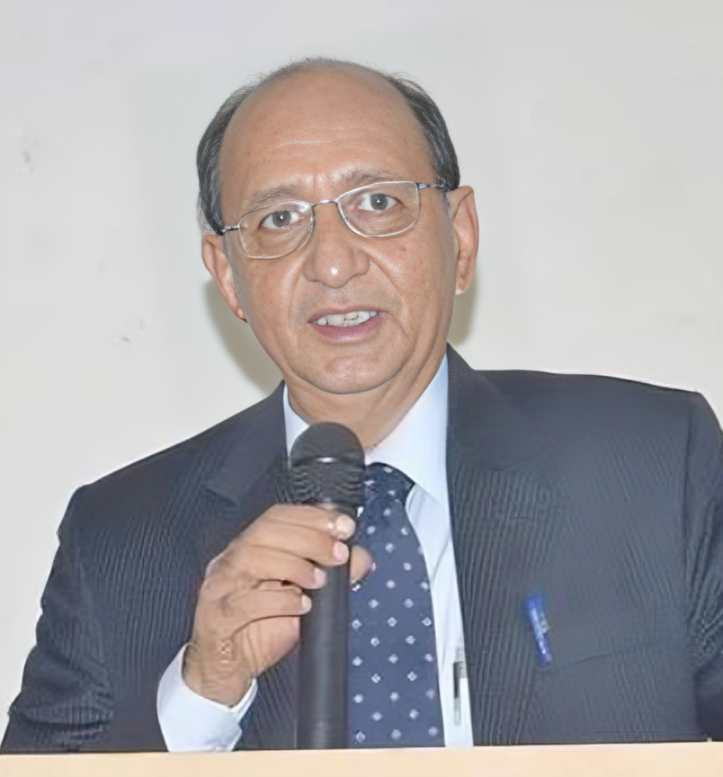
Mastering Boardroom Responsibilities: Change Management Lessons From Mahatma Gandhi
By Ullhas Pagey
Mahatma Gandhi’s legacy extends beyond being a political leader; he was also a master in organisational development (OD) and change management, applying these principles at a national scale during India’s struggle for independence. His approach to change management, characterised by nonviolence and a deep understanding of human psychology, was key to transforming the hearts and minds of people.
At the heart of Gandhi’s methods was the principle of ‘Satyagraha,’ a philosophy rooted in aligning actions with personal beliefs. It was more than just a political strategy; it was an OD intervention aimed at societal transformation. The Salt March, for instance, wasn’t just a protest but a well-thought-out OD initiative that catalysed a nationwide movement. Gandhi’s ability to galvanise people for a common cause demonstrated his mastery in managing change. Recognising that change could be uncomfortable, he used his charisma and communication skills to ease the transition, guiding people toward action through his nonviolent principles.
Gandhi’s conflict resolution methods, like his hunger strikes, were carefully planned OD interventions. These actions weren’t just forms of protest; they were aimed at bringing about both personal and social transformation. Gandhi’s lasting influence in OD is still relevant today, particularly in his emphasis on truth, nonviolence, self-sufficiency, and the inner transformation of individuals as essential to broader societal change.
His work during India’s independence struggle was also a lesson in social reform as OD. Gandhi applied OD principles unconsciously at the national level through interventions such as Satyagraha, civil disobedience, and the Non-Cooperation Movement. While OD literature typically focuses on individuals and organisations, Gandhi applied these concepts on a larger scale. His use of fasting, prayer, and meditation as tools for social and moral transformation created ripples that ultimately led to India’s freedom.
In modern OD and change management, Gandhi adeptly used spiritual doctrines as key interventions. His leadership in India’s political and social spheres demonstrated his skill in fostering change through nonviolent means, self-sufficiency, and ethical principles. The methods Gandhi deployed are still considered innovative today, offering valuable insights for leaders and change agents navigating complex social and political challenges.
In retrospect, Gandhi’s mantra, “Be the change you wish to see in the world,” encapsulates his approach to OD and change management. It wasn’t just a personal call to action but a powerful precursor to broader social transformation. His legacy serves as an enduring source of inspiration for those seeking peaceful, ethical, and transformative solutions in both organisational and societal contexts.
For Gandhi, change began with the individual, as he famously said, “Be the change you wish to see in the world.”




